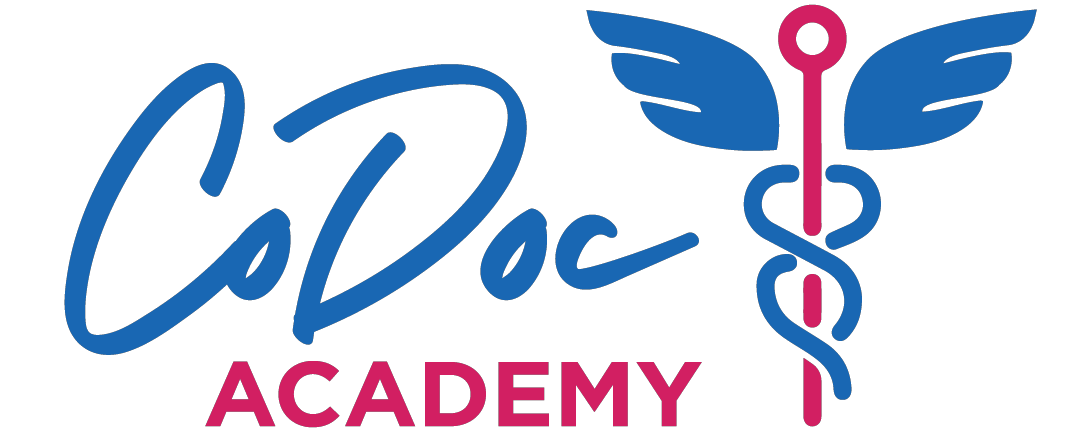In Person Presentation
Completed

Presentation topic: Overview of Risk adjustment/coding and documentation in Value based care
Presenter: Dr. Mona Bambha MD, CPC, CRC
Abstract
Value based care is the future of medicine. It is a healthcare delivery framework that incentivizes healthcare providers to focus on the quality of services rendered, as opposed to the quantity.
There are fundamental differences between a value-based healthcare model and the more traditional fee-for-service (FFS) model. Under the FFS model, healthcare providers are compensated based upon the amount, or quantity, of services delivered. FFS model does not differentiate payment based on the sickness of the patient.
Risk adjustment as part of value-based care is used to estimate the cost to treat a patient each year, based on the patient’s disease burden and specific health needs. Risk adjustment is a way to help make sure doctors and other health providers are paid fairly for the people they treat – providers get paid more for patients who have more health problems than for healthy patients who may not need as many services.
Accurate documentation depicting the accurate disease burden of the patient population is an extremely important pillar in risk adjustment and value-based care. It’s the most effective way of communicating the needs of our patient population.
During this presentation we will dive into understanding the importance of coding and documentation in risk adjustment process and the risk adjustment score and how to efficiently navigate through this.

